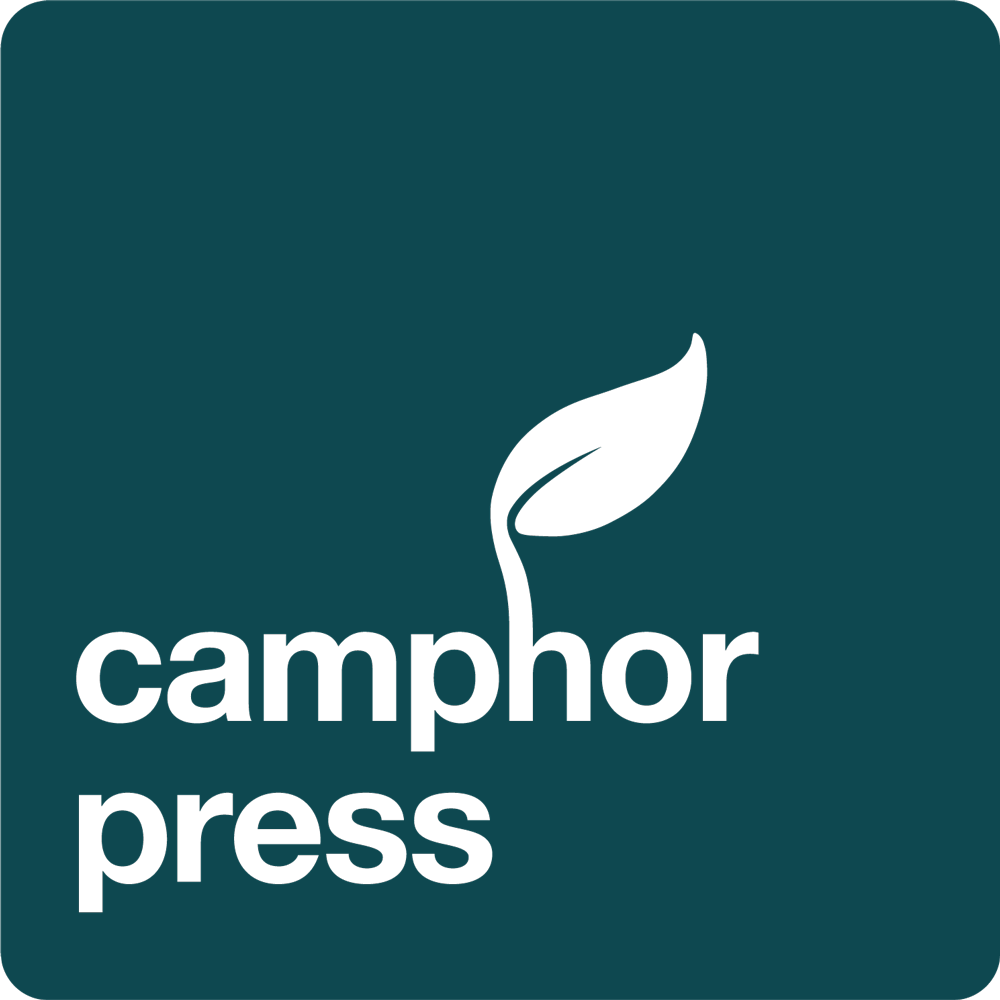A day in the life of…is an occasional series in which people working in the
publishing industry talk about their typical working day. Here, Michael Cannings, one of the founders
of Camphor Press, a British-Taiwanese publishing house specialising in books
about East Asia, in particular Taiwan, explains there is in fact no typical
working day in his life…
There are very few full days in
the life of Camphor Press. The three people behind the company all earn a crust
elsewhere – Mark is a copy editor, John writes textbooks and drinks
heavily, and I sold my soul to the marketing game many years ago. So I’ll have
to take artistic license with the “day in the life” premise and condense the
hours snatched here and there from other concerns into a single, hypothetical
day.
The first thing I do of a morning
is check the sales numbers. If we’ve done well overnight, it gives us a nice
boost, and if we’ve done poorly then it’s a spur to up our game and spread the
word. I’ll enter all the details into
our sophisticated accounting system (er, a spreadsheet) so that, come tax time,
I can pay our dues to the taxman with slightly less pain than in the
pre-spreadsheet days. The rest of the morning will be spent working on books as
yet unreleased. I do most of the graphic design, so I might produce another one
or two versions of a new cover, to be sent off into the ether and subsequently
roundly disparaged by Mark and John. Typesetting the books is another critical,
time-consuming task for the day, formatting and revising, going through the
design files for the book interior page-by-page, making sure it’s up to standard.
I’ll then have a cup of Taiwanese
tea – I picked up a taste for it when I lived there, but it's always a slightly incongruous thing in my current setting of rainy
Britain. Meanwhile, I'll indulge in a daydream about taking the business full-time, maybe
getting a rave New York Times review
for our latest work of genius, and hiring an accountant to take care of
interaction with the faceless, uncaring edifice that is Her Majesty’s Revenue
and Customs. When that happy reverie is invariably punctured by stray thoughts
of tasks pending, it’s back to the laptop to continue honing the next release.
With our focus on East Asia we
find ourselves striving to bring books to market that might otherwise have
struggled to find a publisher. Taiwan in particular has suffered in the past
from an absence of an English-language publisher to release great writing for
the general reader, leaving writing about the country to the academics and
those who focus on China–Taiwan relations to the exclusion of all else. It’s a
wonderful feeling to be able to offer something more – something human,
accessible, and absorbing. It’s why I got into this in the first place, and it
continues to sustain the passion for publishing.
The afternoon starts with sorting
out orders – eBooks mostly take care of themselves through our automated
system, but orders for print books need to be processed, packaged, and posted.
Shipping internationally from the UK is expensive, so for the most part we send
our books from Taiwan. We’re working on distribution agreements to get our
books into more shops across East and Southeast Asia, so talking to
distributors and representatives from bookshops is an important use of my time.
Once we have good coverage in that region, we will look to the US and Europe to
link strategically with retailers who offer books about Asia.
Publishing in Asia has been in
the headlines recently, with the tightening censorious grip of an increasingly
paranoid Beijing the central theme. The abhorrent abduction of Hong Kong
booksellers is just the headline-grabbing part of the picture, but the whole
climate there is extremely worrying. The net result is self-censorship as
bookshops refuse to stock controversial titles and publishers turn down risky
manuscripts that might anger the Party. I am glad to be far from that fray, and
yet as publishers we feel a keen obligation not to genuflect in the presence of
imperial autocrats. Our next title is certain to be banned in China, and I’ll
be surprised if it sees the light of day in Hong Kong either. The novel by
Arthur Meursault, titled Party Members,
is dark, funny, and very crude, and stars a minor official in the Communist
Party. It’s a deep commentary on corruption and the abyss at the heart of the
Chinese Dream, and something we would struggle to release were we within
Beijing’s orbit.
The next focus of the day is
promotion – writing to prospective reviewers, scheduling email newsletters and
social media posts, and working on the website. The volume of promotion
fluctuates as books are released and my available time permits, but I’m left
with the unshakeable feeling that I’m not doing enough. We have some superb
books that deserve the widest audience possible, and as a small publisher it
can be tough to get our voice heard. We’re getting better at it, and there was
a good-sized splash around our recent re-release of A Pail of Oysters*, which points the way forward for our promotional
efforts.
*Jonathan Benda, who wrote the introduction to the Camphor Press edition of A Pail of Oysters, will write a guest post next week.

